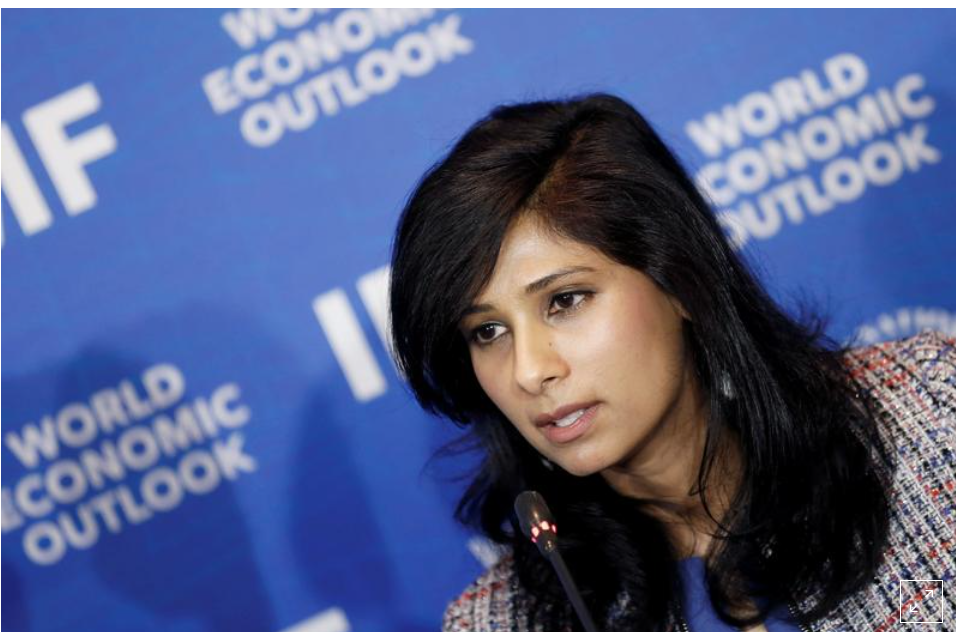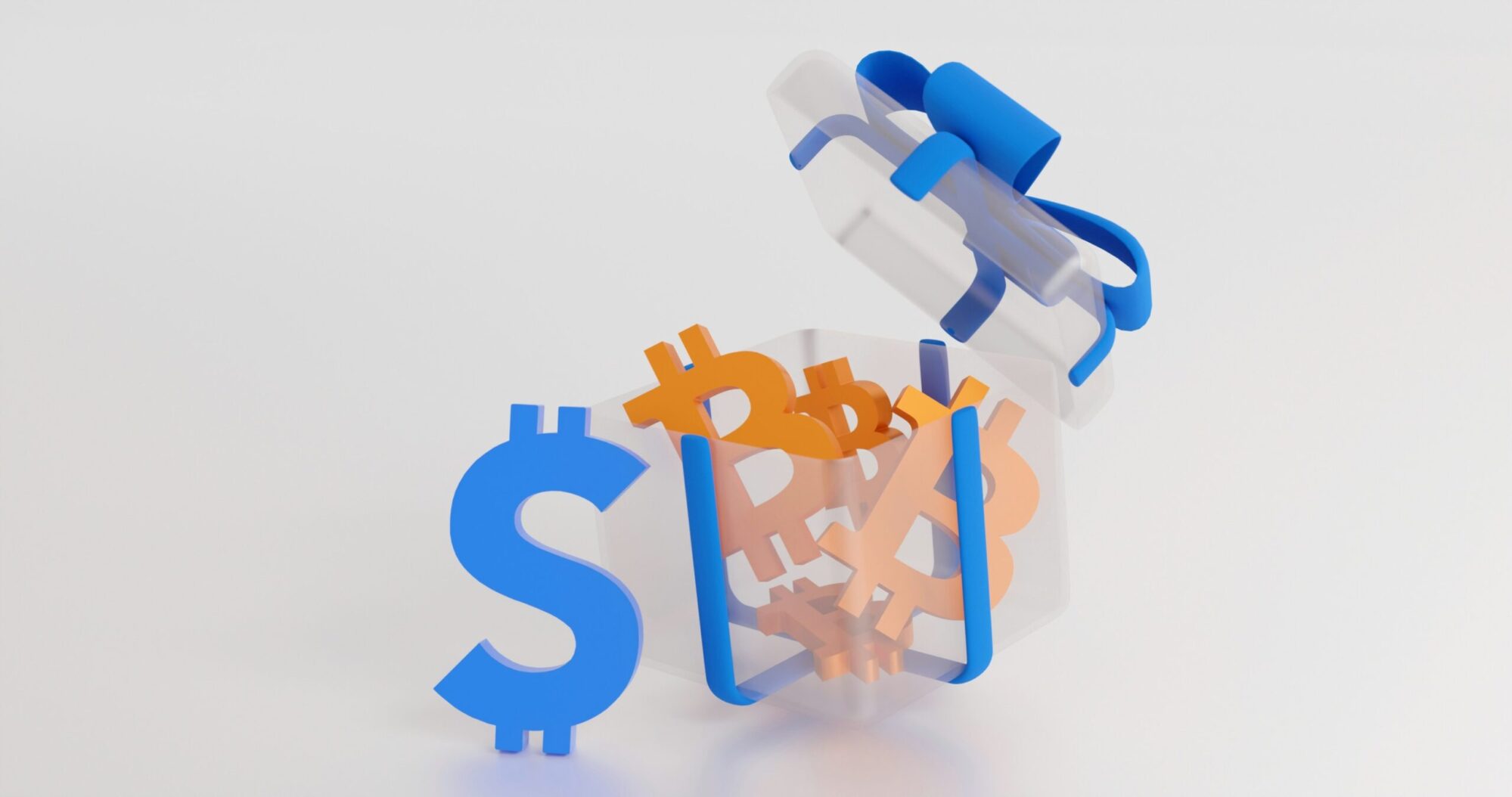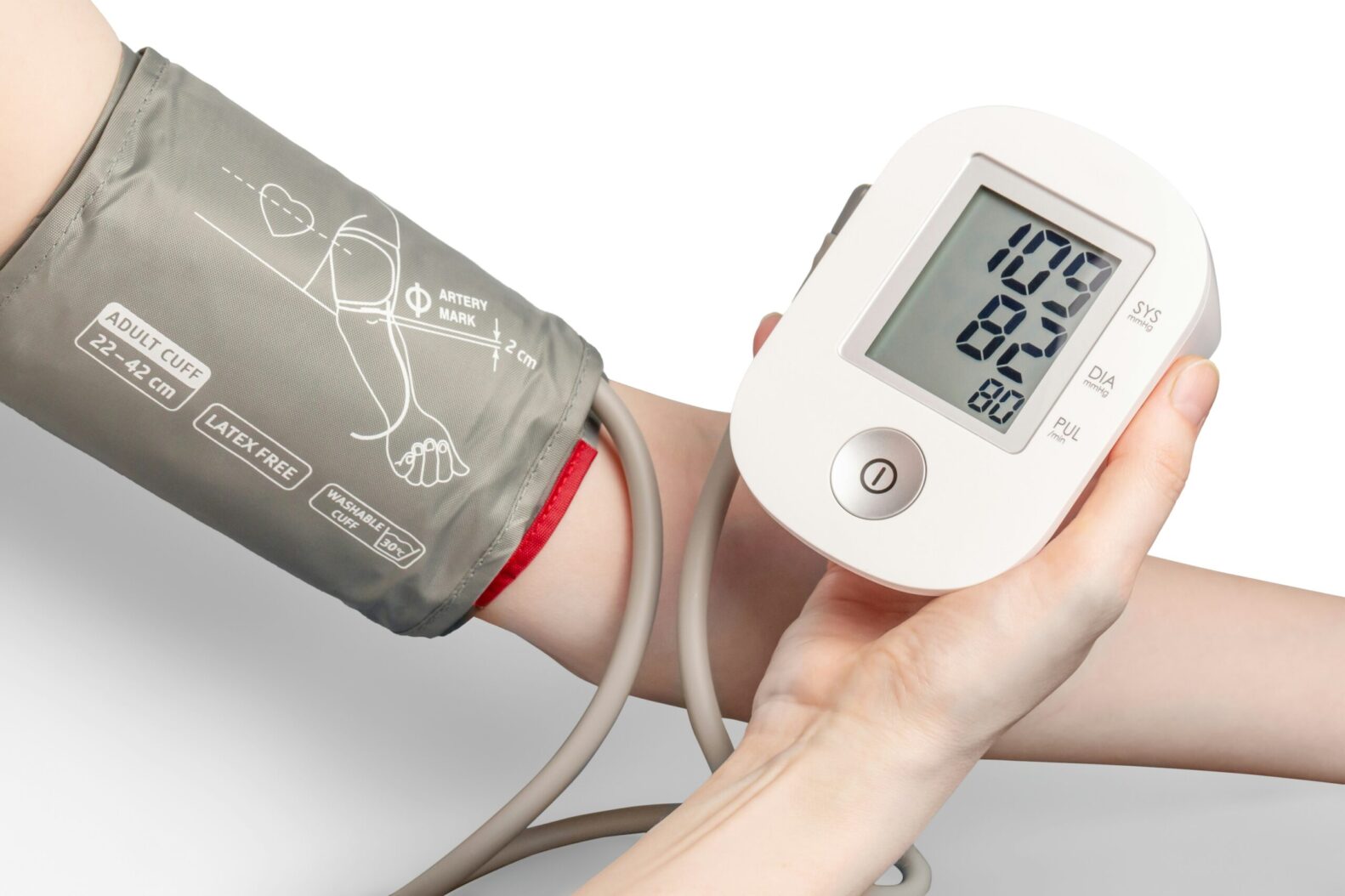
IMF economist sees only ‘transitory’ bump in inflation from U.S. stimulus
WASHINGTON (Reuters) – President Joe Biden’s $1.9 trillion U.S. stimulus plan could trigger a temporary bump in consumer prices, but inflation was not likely to last long, International Monetary Fund Chief Economist Gita Gopinath said in an interview broadcast on Friday.
Gopinath told National Public Radio that the U.S. Federal Reserve had tools to address inflation if the increase in prices endured, but cautioned that a quick increase in interest rates could be “quite disorderly.”
Gopinath said she agreed with U.S. Federal Reserve Board Chairman Jerome Powell that a surge in inflation to 2.4% this year, above the central bank’s 2% target, would be a “one-time” bump in prices that would not change inflation going forward.
“You’re likely to see a transitory bump in inflation, but it’s not going to last,” Gopinath said, citing what she described as slack in the U.S. labor market, the decreased sensitivity of inflation to slack in the market, and widespread expectations that inflation would be close to 2%.
IMF officials have warned that central banks needed to stay vigilant against a sudden spike in rates.
Gopinath said it would be important to keep an eye on inflation expectations, and if they started to point to a sustained increase, that could result in consequences.
She noted that any Fed move to raise interest rates quickly if inflation did go up, versus a more gradual adjustment, could result in some turbulence.
“The Fed does have tools, including raising interest rates, but it’s … not necessarily going to be smooth,” she said. “If you have to raise interest rates very quickly, that in the past has led to recessions.”
Reporting by Andrea Shalal in Washington; Editing by Franklin Paul and Matthew Lewis
Our Standards: The Thomson Reuters Trust Principles.






